Just in the first days of June until now, according to measurements from the IQ Air application in big cities such as Hanoi and Ho Chi Minh City, air pollution at many times of the day has exceeded 150 US AQI, at the "Unhealthy" level. This is considered the leading cause of allergic rhinitis onset and increasing rapidly in many patients.

Air quality is regularly in the "Unhealthy" range.
Allergic rhinitis is the body's reaction when the nose inhales allergens (allergens) such as pollen, animal hair, dust, etc. When exposed to allergens, the body's immune system is immediately activated to fight these agents. The nose is the main organ that receives the defensive reaction, causing typical reactions such as itchy nose, stuffy nose, runny nose, sneezing, headache, red and itchy eyes or wheezing, difficulty breathing. Because the symptoms of allergic rhinitis are similar to colds, they are often confused, but unlike colds, allergic rhinitis is not caused by viruses, so there is no fever and it is not contagious like colds.
In Vietnam, according to a survey by the Department of Allergy and Immunology of the Central Ear, Nose and Throat Hospital, allergic rhinitis accounts for 32.2% of ear, nose and throat diseases. Although benign, prolonged allergic rhinitis causes fatigue and weakness, reduces the quality of life, and affects the patient's daily activities and work.
To prevent exposure to fine dust caused by air pollution, control allergic rhinitis well to prevent the disease from becoming chronic, patients need to pay attention to health care at home. Applying the following 5 tips for nose care and healing will help you control and minimize uncomfortable symptoms.
Limit going out in areas where air pollution is forecast.
There are now many applications on your phone that help you monitor the air quality in your area. The applications allow you to check the pollution level anywhere, and also help you predict the weather and air quality for the next week. Take advantage of these available sources of information to limit unnecessary exposure to areas with high air pollution. If you have to go out, protect your nose and mouth by wearing a standard mask when leaving the house.
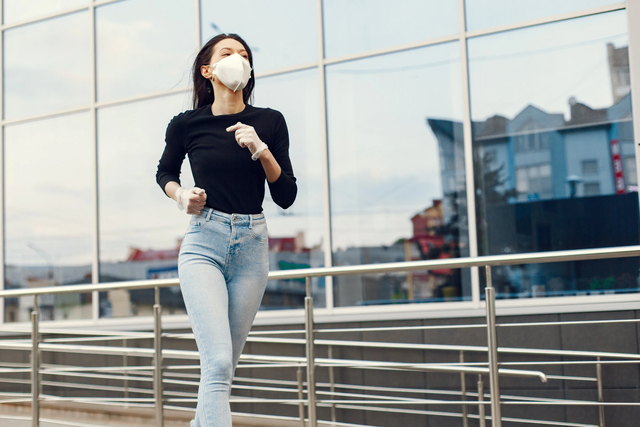
Air pollution aggravates allergic rhinitis symptoms
Regularly clean living areas
Most people spend more than half of their day indoors. Only when the air in the house is clean and green can the health of the whole family be guaranteed. In addition to cleaning the house regularly, you should also pay attention to areas that need periodic cleaning to avoid mold such as sinks, toilets, and bathtubs. Open windows and balconies to allow air circulation or use air purifiers to reduce fine dust and harmful agents.
Nasal irrigation and moisture
Rinse your nose with saline to easily remove dirt and mucus that accumulates in the nose causing congestion. You can steam your nose with warm water and peppermint oil after returning home from outside to reduce nasal congestion, runny nose or constant sneezing. At the same time, maintain humidity in the air with humidifiers, humidifiers or place a bowl of water in the bedroom to reduce dry nose at night.
Increase vitamin C and natural antihistamines
With its anti-inflammatory and antioxidant properties, vitamin C is very good for fighting allergic rhinitis. Foods rich in vitamin C are found in oranges, lemons, carrots, bell peppers, grapefruit, etc. You should also supplement foods rich in Omega 3 to help reduce swelling of the upper respiratory tract. Warm spices such as onions, garlic, ginger, etc. or essential oils of cajeput, mint, and eucalyptus are also traditional spices used by people to effectively prevent allergic rhinitis.
In particular, when having an allergy, the patient's body produces histamine. Patients should supplement foods such as apples, ginger, watermelon, sweet potatoes, especially turmeric, which has anti-inflammatory and natural antihistamine effects to prevent and reduce allergy symptoms.
Equip with 2nd generation antihistamines
Some second-generation antihistamines (fexofenadine, loratadine, cetirizine, etc.) are effective in reducing the symptoms of allergic rhinitis, including sneezing, itching, runny or stuffy nose, itchy and red eyes, and watery eyes. These are anti-allergy active ingredients recommended by doctors for adults and children over 12 years old. The drug usually takes effect after 1 hour of taking it and remains effective for 24 hours, without causing drowsiness for the patient.

Second-generation antihistamines are able to rapidly reduce the symptoms of allergic rhinitis.
Allergies in the context of environmental change are also the focus of World Allergy Week, which takes place from June 18 to 24, 2023. Faced with increasingly polluted air quality, it is hoped that through the above tips, people with allergic rhinitis will find solutions to ensure their health, prevent and treat allergic diseases that have started or recurred. In addition, always consult medical experts for appropriate advice and treatment.
Check your allergic rhinitis condition and find out the right treatment solution right here: https://vmdu.com.vn/quiz_patient
Source link









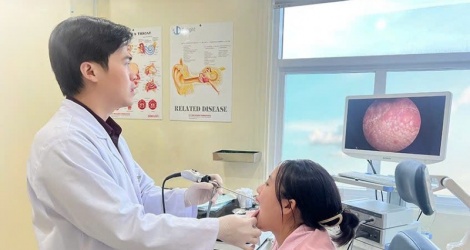

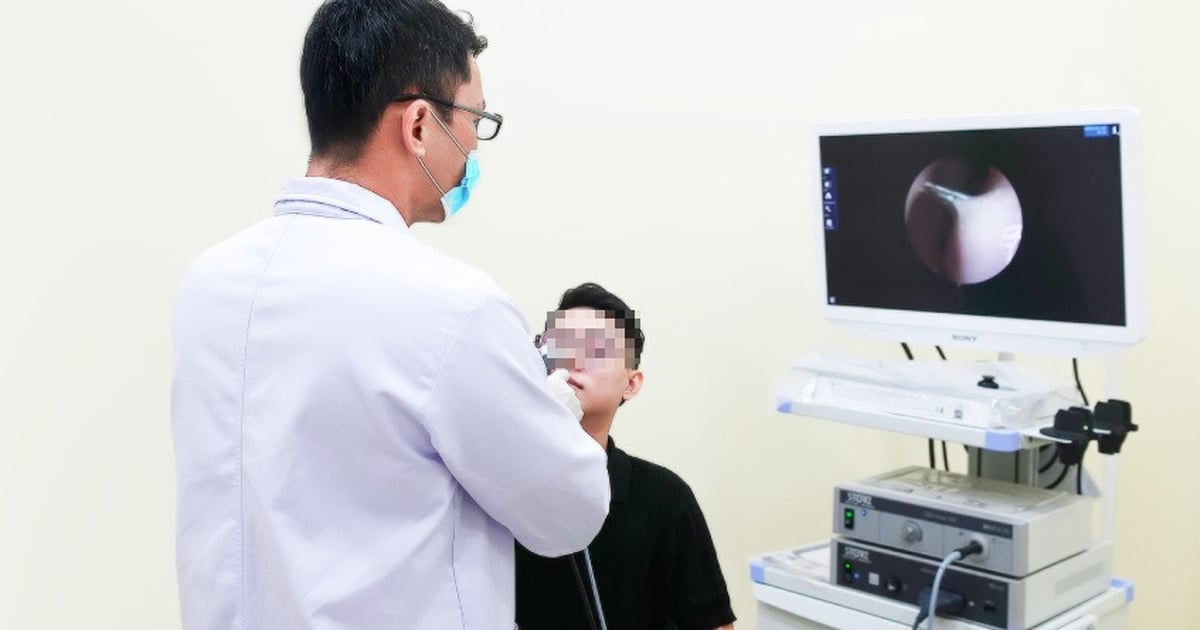


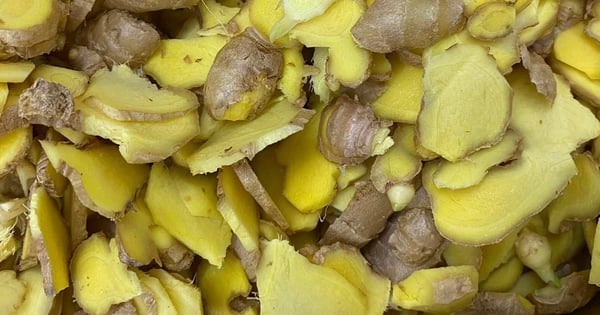
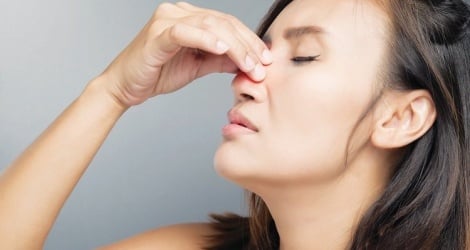
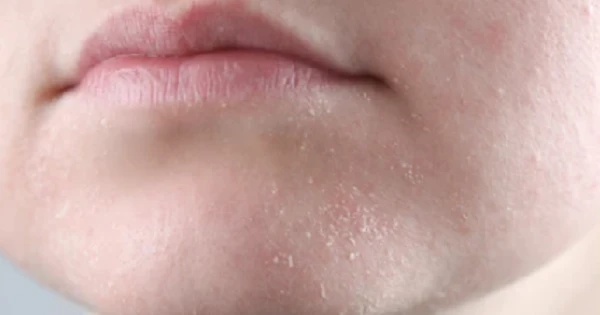


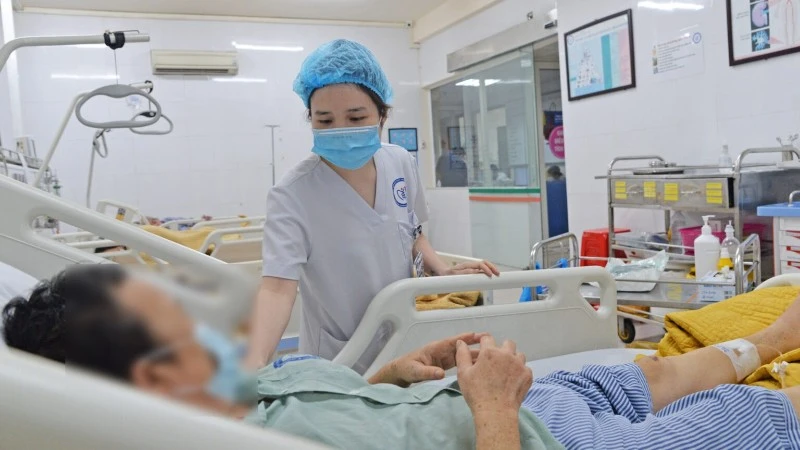


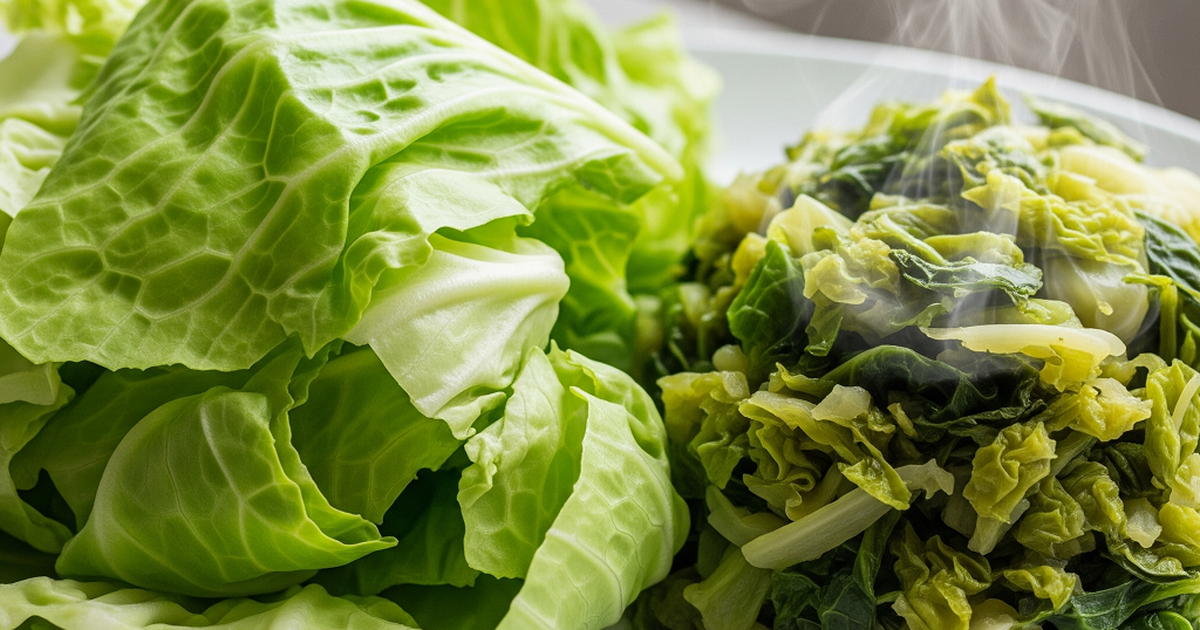

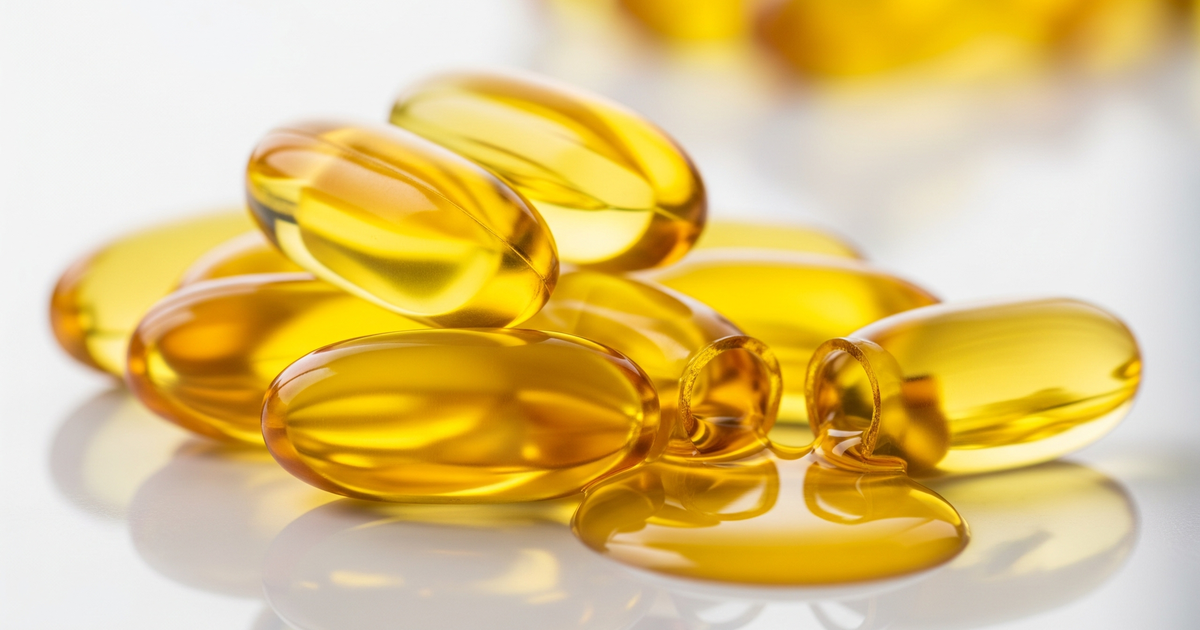








![[Photo] President Luong Cuong attends special political-artistic television show "Golden Opportunity"](https://vstatic.vietnam.vn/vietnam/resource/IMAGE/2025/8/22/44ca13c28fa7476796f9aa3618ff74c4)



































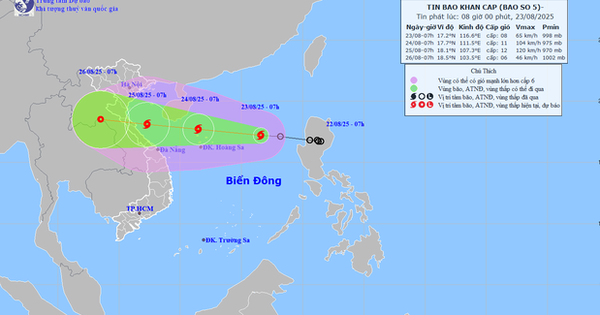













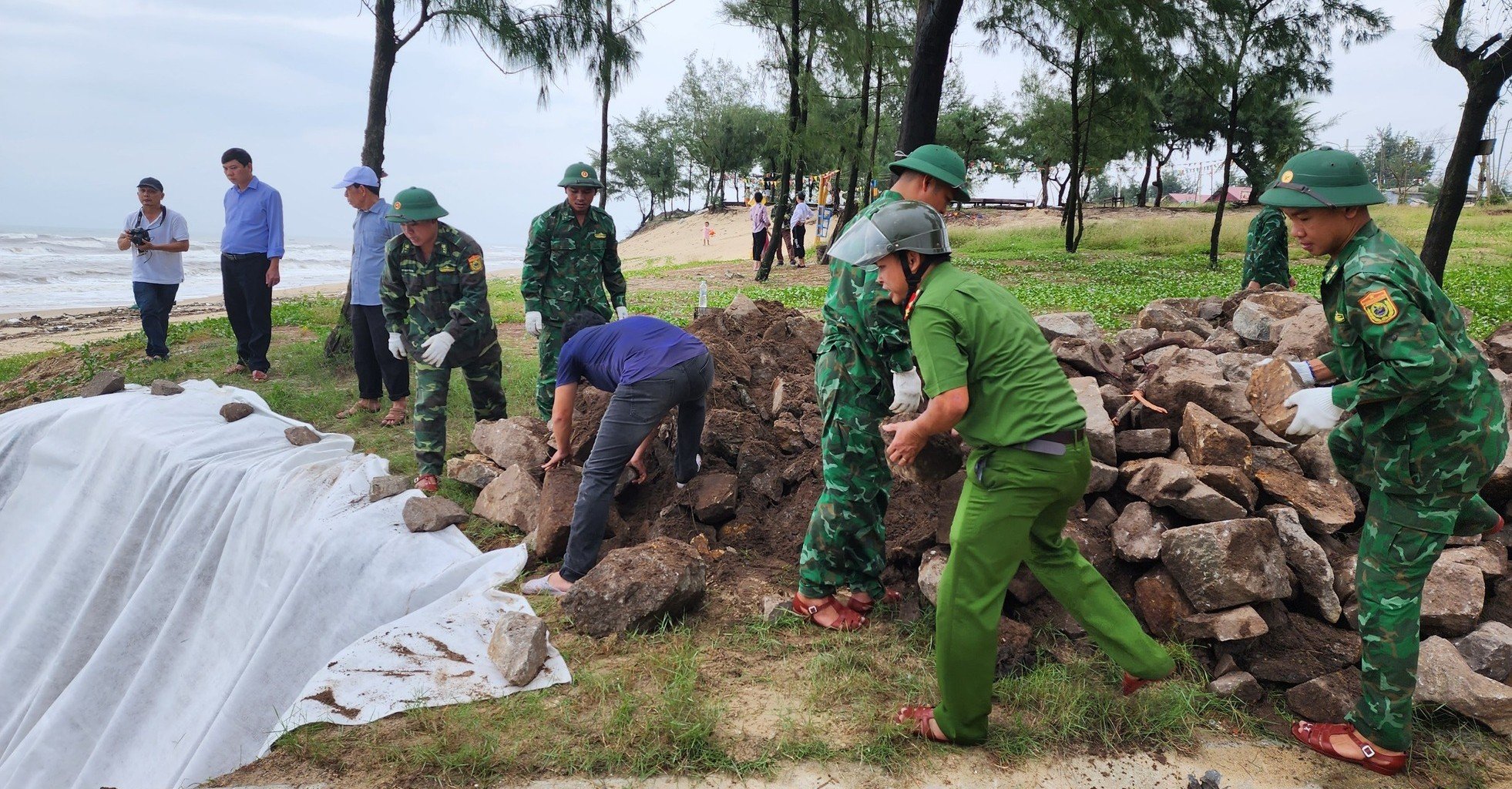

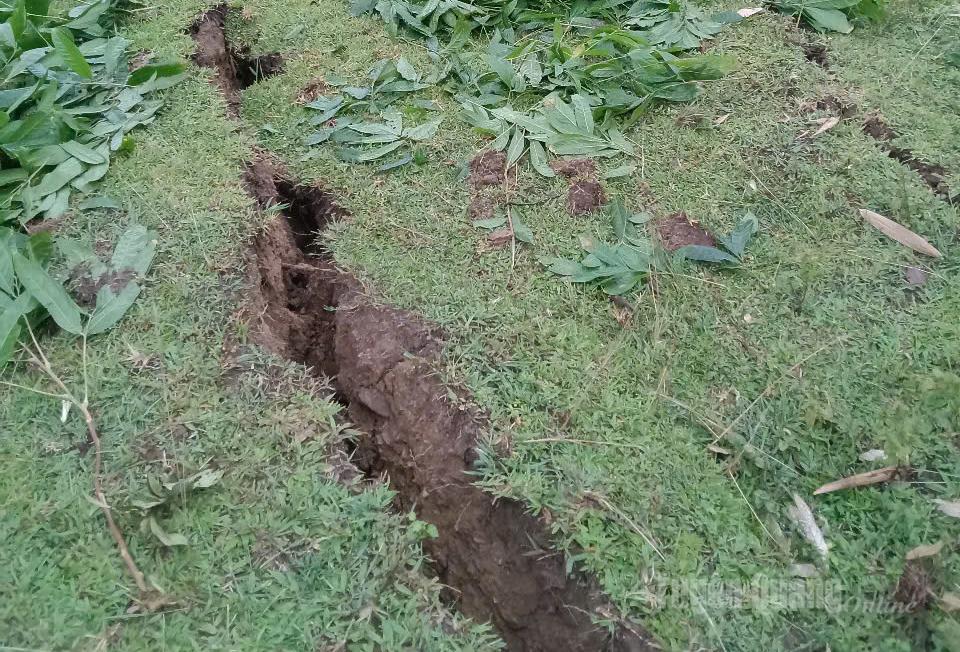








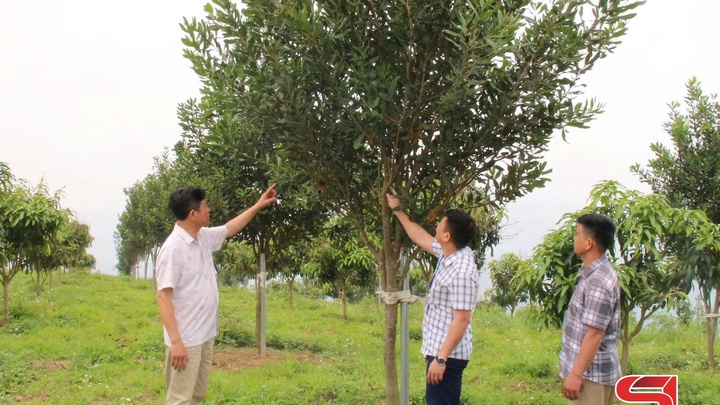







Comment (0)